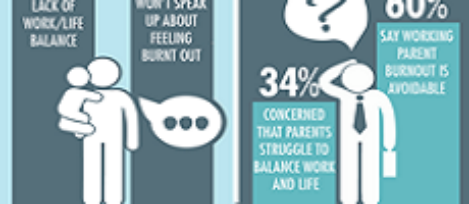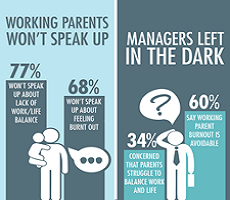October 22, 2015
UK’s digital leaders set to deliver £92 billion boost to economy 0
 A new report from Virgin Media Business and Oxford Economics claims that the UK’s ‘Digital Leaders’ are set to use digital technology deliver a massive boost to the UK economy in the very near future. The study of 1,000 companies employing 470,000 people claims that the UK economy could see an increase of 2.5 percent in GDP (£92 billion) and create more than a million new jobs over the next two years. According to the respondents, they had already increased their revenues by 4.4 per cent and reduced costs by 4.3 per cent over the past year by making better use of digital technology, generating an estimated £123 billion contribution to the UK’s economy, equivalent to 3.4 per cent of GDP. In terms of jobs, 44 per cent of executives don’t expect any jobs to become obsolete and, across the economy, companies anticipate hiring 1.1 million employees as a result of digital investments.
A new report from Virgin Media Business and Oxford Economics claims that the UK’s ‘Digital Leaders’ are set to use digital technology deliver a massive boost to the UK economy in the very near future. The study of 1,000 companies employing 470,000 people claims that the UK economy could see an increase of 2.5 percent in GDP (£92 billion) and create more than a million new jobs over the next two years. According to the respondents, they had already increased their revenues by 4.4 per cent and reduced costs by 4.3 per cent over the past year by making better use of digital technology, generating an estimated £123 billion contribution to the UK’s economy, equivalent to 3.4 per cent of GDP. In terms of jobs, 44 per cent of executives don’t expect any jobs to become obsolete and, across the economy, companies anticipate hiring 1.1 million employees as a result of digital investments.










 The commercial property markets in the world’s major cities are evolving against a backdrop of ongoing economic and political uncertainty, according to
The commercial property markets in the world’s major cities are evolving against a backdrop of ongoing economic and political uncertainty, according to 












 One of the most typical claims that suppliers in this sector make about their products is that they will make people more productive at work. Many go so far as to put numbers on what this means, and usually not just 0.4 percent or whatever but something far more. We can understand why they do this because they are seeking to link workplace productivity to whatever it is they have to sell. This is often tenuous for at least two reasons. The first is that even when such a causal link is demonstrably true, it still assumes that all other things at work are equal, whereas they never are because there are so many factors involved. That is why you will find some people cheerfully working in shabby, cluttered, underlit offices while others mope around unhappily in gilded cages with expensive chairs, soaring daylit atria and olive groves. The second is that such claims simply ignore what makes people tick.
One of the most typical claims that suppliers in this sector make about their products is that they will make people more productive at work. Many go so far as to put numbers on what this means, and usually not just 0.4 percent or whatever but something far more. We can understand why they do this because they are seeking to link workplace productivity to whatever it is they have to sell. This is often tenuous for at least two reasons. The first is that even when such a causal link is demonstrably true, it still assumes that all other things at work are equal, whereas they never are because there are so many factors involved. That is why you will find some people cheerfully working in shabby, cluttered, underlit offices while others mope around unhappily in gilded cages with expensive chairs, soaring daylit atria and olive groves. The second is that such claims simply ignore what makes people tick.







October 26, 2015
An updated green building standard designed to meet wider business objectives 0
by Sue Gregson • Comment, Facilities management, Legal news, Property
(more…)